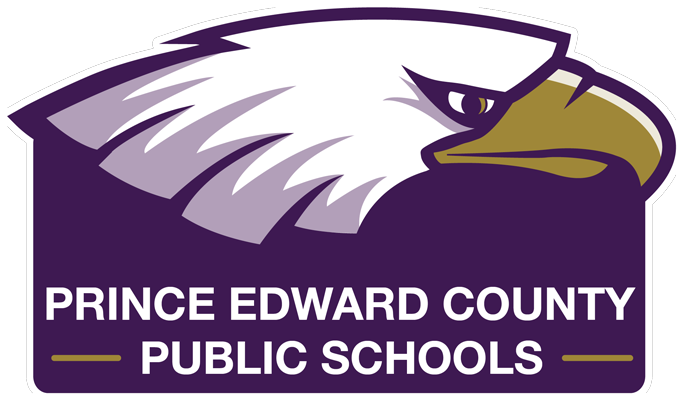
AI in Education - Our Story
As the Supervisor of Technology for Prince Edward County Public Schools, I’m excited to share how we are embracing the future of education by adopting Artificial Intelligence (AI) into our curriculum. Much like how calculators replaced the slide rule, transforming the way we approach mathematics by allowing us to perform complex calculations instantly, AI is rapidly reshaping our digital landscape. Just as the internet revolutionized communication, information-sharing, and global collaboration, AI is unlocking new possibilities and enhancing our ability to work, learn, and solve problems. This technological leap is not just a tool; it's a fundamental shift, enabling smarter decision-making, fostering innovation, and driving change across nearly every aspect of our lives.
The adoption of AI technology is moving at a fast pace. Virginia Governor Glenn Youngkin recently issued Executive Order 30 on Artificial Intelligence (AI), which implements AI Education Guidelines for the classroom and AI Policy and Information Technology Standards that safeguard the state’s databases while simultaneously protecting the individual data of all Virginians. The Governor’s Executive Order combines strong protections for Virginia residents and businesses while recognizing opportunities presented by AI innovation. As one of the first states in the country to issue AI standards, Virginia is leading the way on AI guidelines and pilots. By adopting AI in our curriculum, we are preparing students for a future where such technologies will be commonplace in their personal and professional lives.
As a child, I remember dreaming of the day when I could simply talk to a computer—no keyboard or mouse, just conversing with it like I would with another person. It seemed like a far-off idea, something from science fiction. Today, that dream is a reality, thanks to the rapid advancements in AI technology. We are now at a point where students can engage with AI systems through these interactions, whether through speech or text. These tools can help students in ways we once only imagined, providing real-time feedback, answering questions, and even assisting with personalized learning paths. This kind of interaction is no longer the stuff of science fiction, but is a practical reality that can transform the way we educate our students. AI can provide personalized learning experiences by adapting content to meet each student’s unique needs and pace. In addition, AI-driven tools can support research by quickly analyzing vast amounts of data, providing students with insights they might not have otherwise found. These are just a few examples of how AI can help our students learn more effectively and efficiently, preparing them for a wide range of careers that will require familiarity with these technologies.
However, like any new technology, AI must be used responsibly. It is essential that we teach our students not only how to use AI effectively but also how to maximize its potential in ways that are ethical and productive. Just as we teach students how to use the internet responsibly, we must ensure they understand the implications of AI, such as privacy, bias, and the ethical considerations of its applications. Our goal is to provide students with the tools and knowledge they need to use AI in ways that are beneficial to themselves, their communities, and society as a whole. By fostering a balanced understanding of AI and its responsible use, we are preparing our students for the future in the most meaningful way possible.
The Prince Edward School Division has worked in collaboration with schools across our district, holding multiple cohort meetings throughout the past year. Together, we have developed, implemented, and launched a comprehensive set of guidelines, policies, and frameworks designed to integrate AI into our school curriculum. In doing so, we have adhered to the guiding principles established by the state of Virginia, customizing a plan specifically for PECPS to address the unique needs of both our students and staff. Below, you will find the resources associated with this initiative.
Resources From Prince Edward County Public Schools
PECPS - Generative AI Guidebook
PECPS - Professional Development Plan
PECPS - Guiding Principles on AI for PECPS
PECPS - Pathways and Citing of AI for Students
PECPS - AI Resource Guide for Teachers
